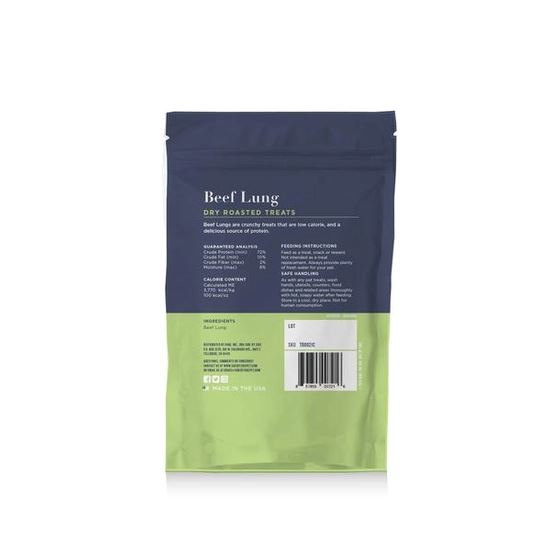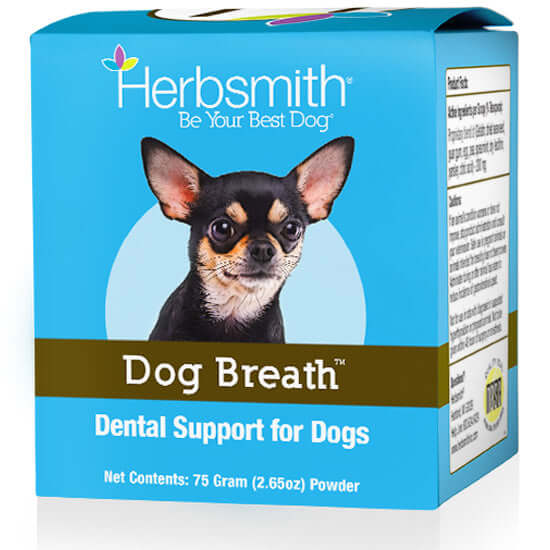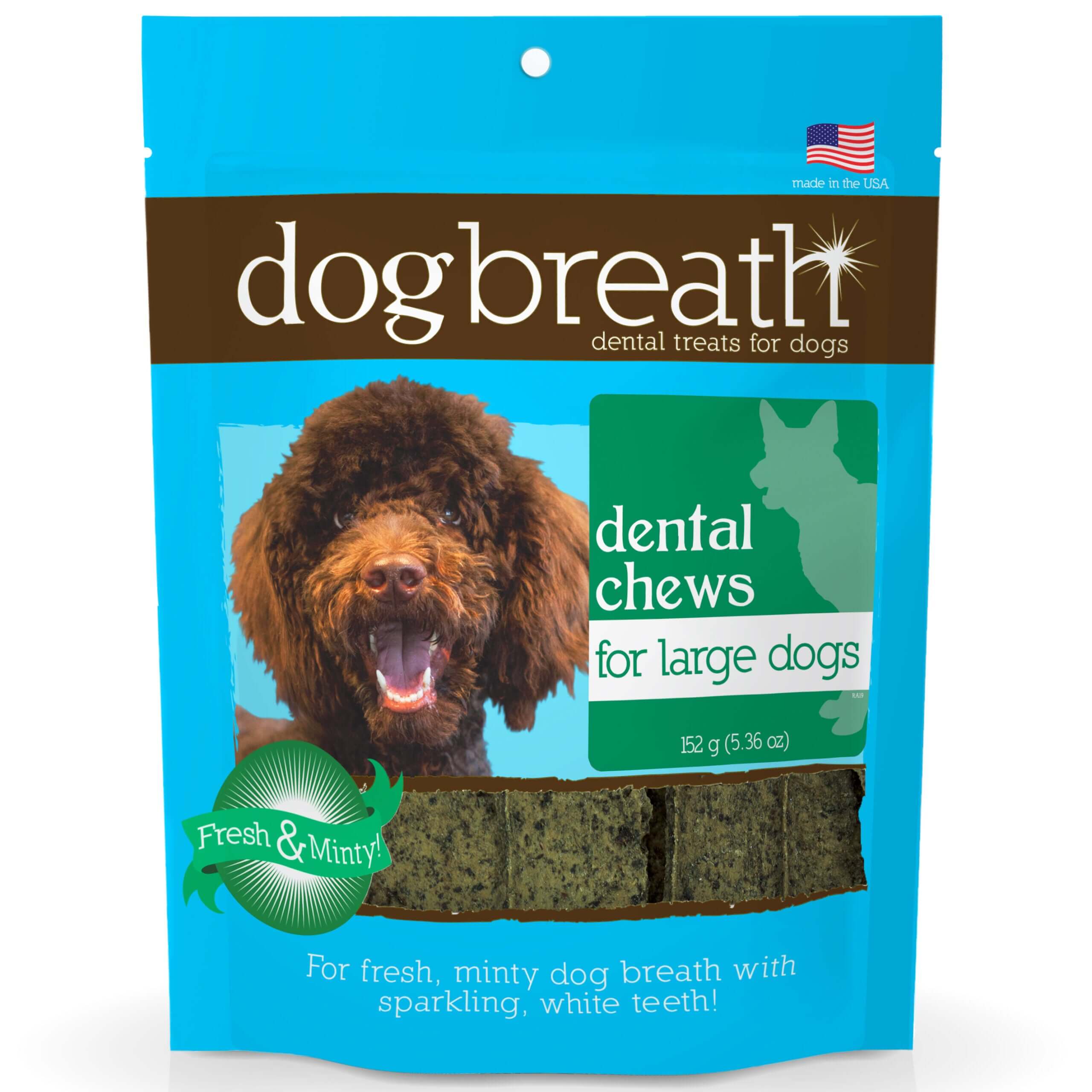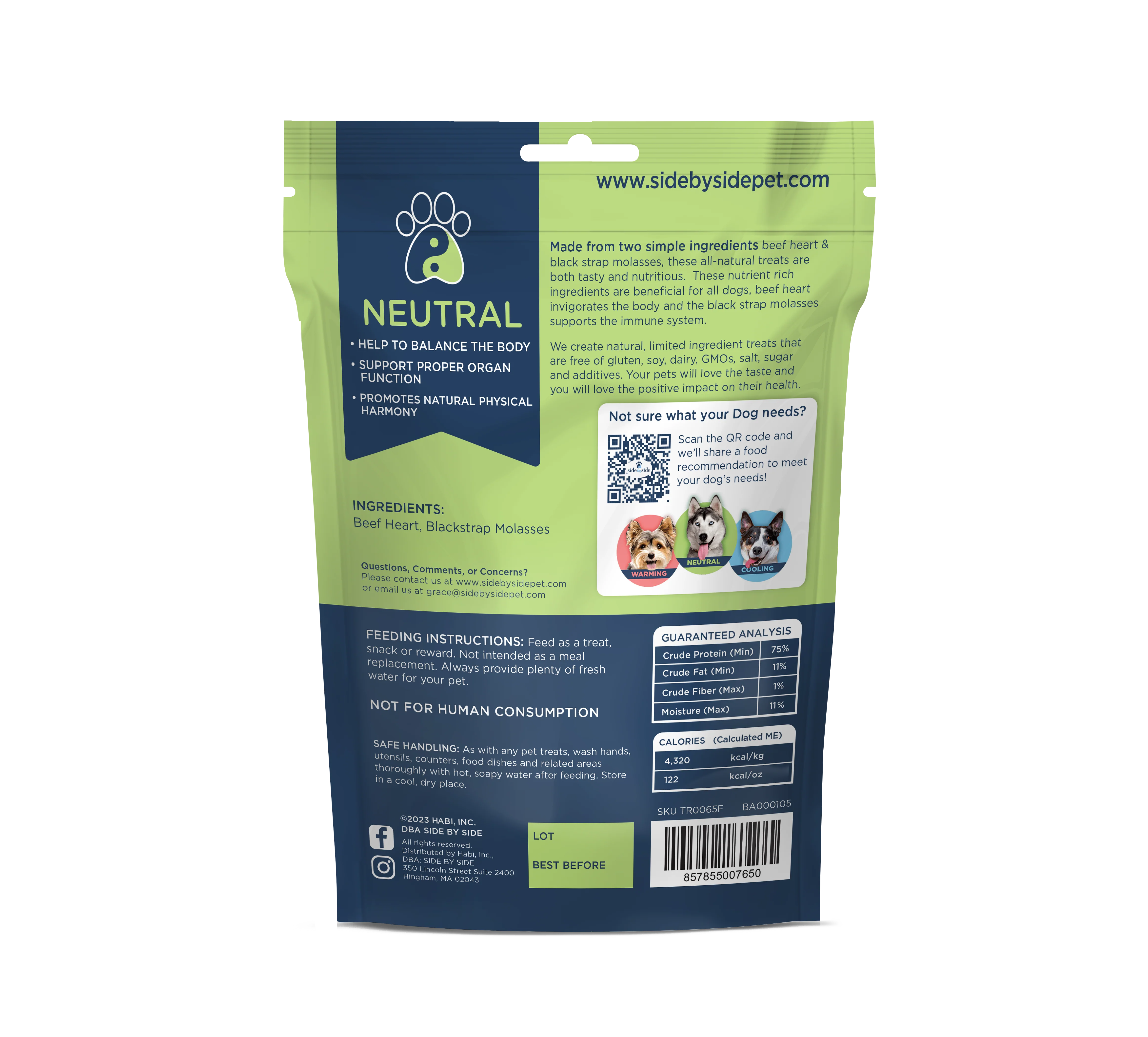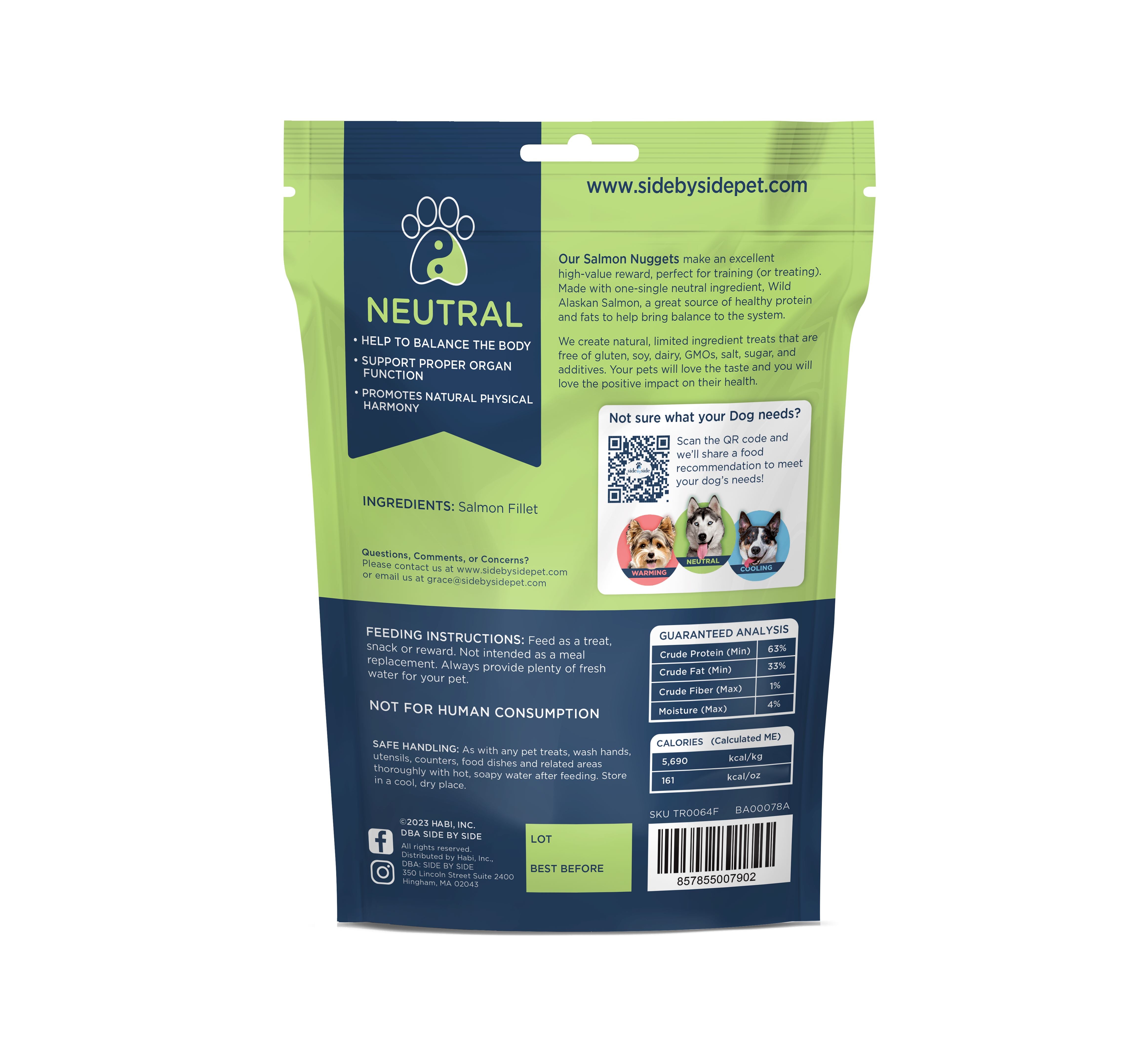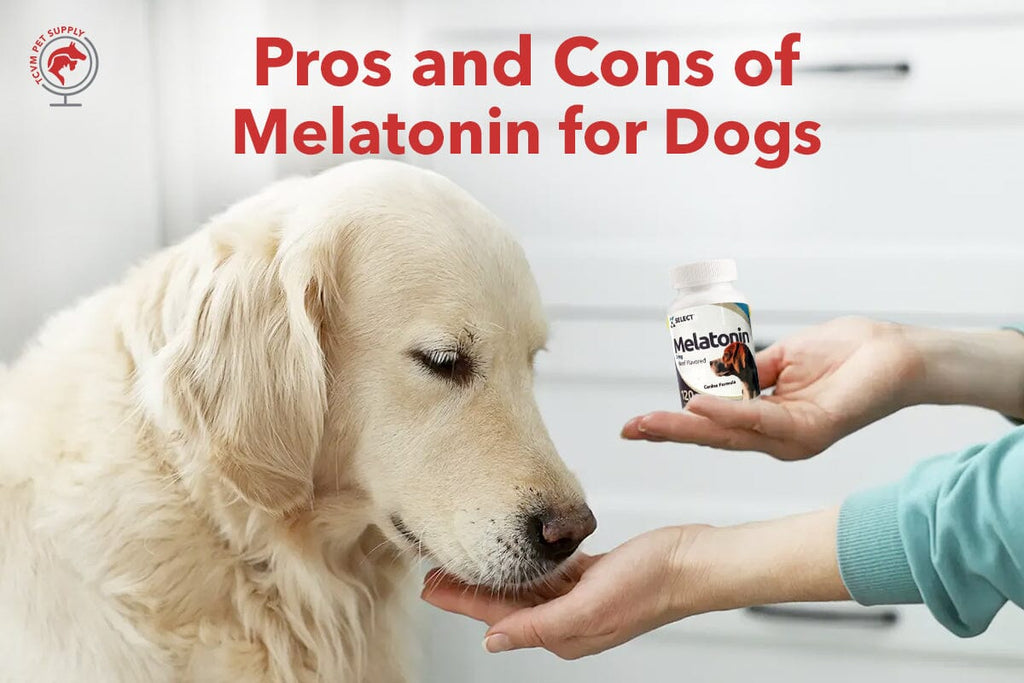
The Pros and Cons of Melatonin for Dogs

In recent years, people have started asking about the pros and cons of melatonin for dogs.
Melatonin has gained popularity as a supplement for managing various health issues in dogs.
From anxiety relief to sleep regulation, pet owners are turning to this natural hormone to support their furry friends' well-being.
However, like any supplement, it's essential to weigh the pros and cons before incorporating it into your dog's routine.
Here, we'll delve into the pros and cons of melatonin for dogs, helping you make informed decisions about your pet's health.
Understanding Melatonin
Before we dive into the pros and cons of melatonin for dogs, let's first understand what melatonin is and how it works.
Melatonin is a hormone produced by the pineal gland in the brain, primarily known for its role in regulating the sleep-wake cycle.
In dogs, melatonin plays a similar role, influencing their sleep patterns and helping maintain a balanced circadian rhythm.
Pros of Melatonin for Dogs
With its calming effects and minimal side effects, melatonin has emerged as a valuable supplement for managing various health issues in dogs.
It provides a gentle yet effective approach to promoting relaxation and overall health.
Below are several examples of how our vets use melatonin for dogs in their clinics.
Promotes Healthy Fur Growth
Fur growth in dogs is a dynamic process influenced by various factors, including hormonal regulation, cellular signaling, and environmental stimuli.
Melatonin plays a pivotal role in promoting fur growth through the various mechanisms listed below.
Regulation of Hair Follicle Cycling
The hair growth cycle consists of three phases: anagen (growth phase), catagen (transitional phase), and telogen (resting phase).
Melatonin influences the duration and transition between these phases, promoting the transition from the telogen phase to the anagen phase.
By stimulating hair follicle activity and prolonging the growth phase, melatonin supports continuous fur growth and maintenance.
Stimulation of Hair Follicle Stem Cells
Hair follicle stem cells are responsible for generating new hair shafts during the anagen phase.
Melatonin enhances the proliferation and differentiation of hair follicle stem cells, leading to the production of robust and healthy hair fibers.
By stimulating stem cell activity, melatonin ensures the continuous renewal of fur and contributes to its overall density and quality.
Antioxidant and Anti-Inflammatory Effects
Oxidative stress and inflammation can disrupt the hair growth cycle and impair fur quality.
Melatonin's antioxidant and anti-inflammatory properties help mitigate these detrimental effects.
By scavenging free radicals and reducing inflammatory cytokine production, melatonin protects hair follicles from damage and promotes a conducive environment for fur growth.
Hormonal Modulation
Hormonal imbalances can adversely affect fur growth and coat quality in dogs. Melatonin plays a role in regulating various hormones involved in fur growth, including prolactin and thyroid hormones.
By maintaining hormonal balance, melatonin ensures proper follicular function and supports healthy fur growth throughout the hair cycle.
Enhanced Circulation
Adequate blood flow is essential for delivering nutrients and oxygen to hair follicles, promoting optimal fur growth.
Melatonin has vasodilatory effects, which improve blood circulation to the skin and hair follicles.
By enhancing nutrient delivery and waste removal, melatonin supports the metabolic activity of hair follicles and facilitates robust fur growth.
Overall, melatonin's multifaceted mechanisms contribute to its ability to promote fur growth and maintenance in dogs.
By regulating hair follicle cycling, stimulating stem cell activity, and mitigating oxidative stress and inflammation, melatonin ensures the continuous renewal of fur and supports a healthy, lustrous coat.
Anxiety Relief
Anxiety in dogs, similar to humans, involves complex interactions between neurotransmitters, hormones, and brain regions.
External stressors such as separation, loud noises, or unfamiliar environments can trigger anxiety responses in dogs.
Melatonin, a hormone primarily synthesized in the pineal gland of the brain, exerts its anxiolytic (anxiety-reducing) effects through the mechanisms listed below.
GABAergic System Modulation
Melatonin interacts with gamma-aminobutyric acid (GABA) receptors in the brain. GABA is the primary inhibitory neurotransmitter, meaning it reduces neuronal excitability.
Activation of GABA receptors by melatonin results in an overall calming effect on the central nervous system, leading to relaxation and reduced anxiety levels in dogs.
Serotonergic Pathways Regulation
Melatonin also influences serotonin, a neurotransmitter associated with mood regulation and emotional well-being.
By modulating serotonin receptors and synthesis, melatonin helps maintain serotonin balance in the brain.
Optimal serotonin levels are crucial for regulating mood and anxiety responses.
Melatonin's role in serotonin regulation contributes to its anxiolytic properties in dogs.
Hypothalamic-Pituitary-Adrenal (HPA) Axis Regulation
The HPA axis is a complex neuroendocrine system involved in the body's stress response.
During periods of stress or anxiety, the HPA axis releases cortisol, the primary stress hormone.
Melatonin helps regulate the HPA axis activity, dampening cortisol secretion and attenuating the stress response.
By modulating the HPA axis, melatonin reduces the physiological effects of anxiety and promotes a sense of calmness in dogs.
Neuroprotective and Antioxidant Effects
In addition to its direct effects on neurotransmitter systems, melatonin exhibits neuroprotective and antioxidant properties.
Anxiety and stress can induce oxidative stress in the brain, leading to neuronal damage and exacerbating anxiety symptoms.
Melatonin's antioxidant actions help mitigate oxidative stress, preserving neuronal integrity and reducing anxiety-related neuroinflammation.
Whether your dog experiences separation anxiety, noise phobias, or generalized anxiety, melatonin offers a multifaceted approach to anxiety relief.
By modulating neurotransmitter systems, regulating the stress response, and exerting neuroprotective effects, melatonin promotes relaxation and emotional well-being in dogs facing anxiety-inducing situations.
Improved Sleep Quality
Sleep plays a crucial role in maintaining overall health and well-being in dogs, just as it does in humans.
Melatonin influences various aspects of the sleep-wake cycle in dogs, leading to improved sleep quality through the mechanisms listed below.
Regulation of Circadian Rhythms
Melatonin acts as a key regulator of the circadian rhythms, which govern the sleep-wake cycle and other physiological processes.
In dogs, melatonin levels rise in the evening in response to decreasing light levels, signaling the onset of nighttime and promoting sleep initiation.
By synchronizing internal biological clocks with external environmental cues, melatonin helps dogs establish a regular sleep pattern and maintain consistent sleep-wake cycles.
Promotion of Sleep Initiation
Melatonin facilitates the onset of sleep by interacting with receptors in the brain involved in sleep regulation.
Specifically, melatonin binds to melatonin receptors in the suprachiasmatic nucleus (SCN) of the hypothalamus, a region responsible for controlling the timing of sleep and wakefulness.
Activation of these receptors promotes relaxation and drowsiness, making it easier for dogs to fall asleep and enter into restful slumber.
Enhancement of Sleep Quality
Once asleep, melatonin helps maintain the quality and duration of sleep in dogs.
It prolongs the duration of the non-rapid eye movement (NREM) sleep stage, which is essential for physical and mental restoration.
By promoting deeper and more restorative sleep, melatonin ensures dogs wake up feeling refreshed and rejuvenated, ready to face the day ahead.
Reduction of Sleep Disturbances
Dogs with insomnia or other sleep disturbances may benefit from melatonin supplementation.
Melatonin's calming effects help soothe anxious dogs and alleviate restlessness, making it easier for them to achieve uninterrupted sleep.
By reducing sleep disturbances and promoting uninterrupted sleep cycles, melatonin contributes to overall sleep quality and well-being in dogs.
Normalization of Sleep Patterns
Certain factors, such as changes in routine, travel, or environmental stressors, can disrupt dogs' sleep patterns.
Melatonin supplementation can help normalize sleep patterns by regulating the timing and duration of sleep.
Whether adjusting to a new schedule or overcoming jet lag, melatonin aids in the adaptation process, ensuring dogs maintain healthy sleep habits.
Overall, melatonin's role in regulating the sleep-wake cycle and promoting restful sleep contributes to improved sleep quality and overall well-being in dogs.
Behavioral Support
Behavioral issues in dogs, ranging from compulsive disorders to aggression, can stem from various factors, including genetic predispositions, environmental stressors, and imbalances in neurotransmitter activity.
Melatonin plays a role in modulating these behavioral patterns through the following mechanisms:
Modulation of Neurotransmitter Activity
Melatonin influences the activity of neurotransmitters such as gamma-aminobutyric acid (GABA) and serotonin, which play crucial roles in regulating mood and behavior.
By enhancing GABAergic transmission and promoting serotonin balance, melatonin exerts calming effects on the central nervous system.
This modulation of neurotransmitter activity helps reduce hyperactivity and impulsive behaviors, making it easier for dogs to manage their behaviors effectively.
Regulation of Stress Response
Dogs experiencing behavioral issues often exhibit heightened stress levels, leading to increased arousal and reactivity.
Melatonin helps regulate the body's stress response by modulating the release of cortisol, the primary stress hormone.
By dampening cortisol secretion and attenuating the stress response, melatonin promotes relaxation and emotional stability in dogs, facilitating more adaptive behavioral responses.
Promotion of Relaxation
Melatonin acts as a natural relaxant, promoting relaxation and reducing anxiety levels in dogs.
This calming effect is particularly beneficial for dogs with compulsive disorders or anxiety-related behaviors.
By inducing a state of relaxation, melatonin helps dogs cope with stressors and triggers more effectively, leading to a reduction in undesirable behaviors.
Support for Behavioral Modification Programs
Melatonin serves as a valuable adjunct to behavioral modification programs, complementing training and positive reinforcement techniques.
By addressing underlying physiological factors contributing to behavioral issues, melatonin enhances the efficacy of behavior modification strategies.
It provides dogs with a greater sense of emotional stability and control, facilitating their response to training and behavior management interventions.
Enhancement of Sleep Quality
Adequate rest is essential for maintaining optimal behavior and emotional well-being in dogs.
Melatonin's role in regulating the sleep-wake cycle and promoting restful sleep contributes to improved behavioral outcomes.
Dogs experiencing sleep disturbances or disruptions may exhibit increased irritability and behavioral problems.
By promoting better sleep quality, melatonin helps mitigate these issues and supports overall behavioral health.
Overall, melatonin's multifaceted effects on neurotransmitter activity, stress regulation, and relaxation contribute to its efficacy in supporting behavioral health in dogs.
Whether addressing compulsive behaviors, aggression, or anxiety-related issues, melatonin serves as a valuable tool in promoting emotional stability and facilitating more adaptive behavioral responses.
Cushing's Disease Management
Cushing's disease, also known as hyperadrenocorticism, is a hormonal disorder characterized by excessive production of cortisol by the adrenal glands.
Unfortunately, Cushing's can lead to a range of symptoms, including increased thirst and urination, weight gain, hair loss, and muscle weakness.
Melatonin plays a role in managing Cushing's disease in dogs through the mechanisms listed below.
Regulation of Cortisol Levels
Melatonin helps regulate cortisol levels in dogs with Cushing's disease. Cortisol, the primary stress hormone, is overproduced in dogs with this condition, leading to a variety of clinical signs.
Melatonin acts as a cortisol antagonist, counteracting its effects and promoting a more balanced hormonal environment.
By regulating cortisol secretion, melatonin helps alleviate some of the symptoms associated with Cushing's disease, such as excessive thirst, urination, and appetite.
Anti-Inflammatory Effects
In addition to its role in cortisol regulation, melatonin exhibits anti-inflammatory properties.
In dogs with Cushing's disease, inflammation often accompanies the excessive cortisol production, contributing to tissue damage and dysfunction.
Melatonin's anti-inflammatory effects help mitigate inflammation in various tissues, reducing the severity of symptoms and improving overall health outcomes.
Supportive Therapy
Melatonin serves as a supportive therapy for dogs undergoing treatment for Cushing's disease.
While specific medications such as trilostane or mitotane are typically used to manage the condition, melatonin can complement these treatments by addressing secondary symptoms and improving the dog's quality of life.
By reducing cortisol levels and alleviating associated symptoms, melatonin enhances the effectiveness of conventional therapies and promotes overall well-being in dogs with Cushing's disease.
Sleep Regulation
Dogs with Cushing's disease may experience disturbances in their sleep-wake cycle, leading to restlessness and fatigue.
Melatonin's role in regulating the sleep-wake cycle promotes restful sleep and ensures adequate rest for dogs with this condition.
By improving sleep quality, melatonin contributes to the dog's overall comfort and helps manage symptoms such as fatigue and lethargy.
Antioxidant Protection
Cushing's disease can increase oxidative stress in dogs, leading to cellular damage and dysfunction.
Melatonin's antioxidant properties help neutralize free radicals and reduce oxidative stress, protecting cells from damage and supporting overall health.
By enhancing antioxidant defense mechanisms, melatonin helps mitigate the negative effects of Cushing's disease on various organs and tissues.
Overall, melatonin plays a valuable role in managing Cushing's disease in dogs by regulating cortisol levels, reducing inflammation, and supporting overall health and well-being.
As part of a comprehensive treatment plan, melatonin can help alleviate symptoms and improve quality of life for dogs with Cushing's disease.
Cons of Melatonin for Dogs
While melatonin can offer various benefits for dogs, it's important to be aware of potential drawbacks.
From mild side effects like gastrointestinal upset to the risk of adverse interactions with other medications, pet owners should carefully consider the potential cons before administering melatonin to their furry companions.
Potential Sedation
While melatonin promotes relaxation, it can also cause drowsiness or sedation, especially when administered in higher doses.
This may not be desirable for all dogs, particularly those that need to remain alert or active.
You should monitor you dog's response to melatonin and adjust the dosage accordingly to avoid excessive sedation.
Gastrointestinal Upset
Some dogs may experience digestive issues, such as diarrhea or vomiting, after taking melatonin.
While these side effects are typically mild and temporary, they can be concerning for dogs with sensitive stomachs or gastrointestinal disorders.
You should introduce melatonin gradually and watch for any adverse reactions.
Allergic Reactions
Although rare, dogs may have an allergic reaction to melatonin, resulting in symptoms such as itching, swelling, or difficulty breathing.
If any signs of an allergic reaction occur, contact your veterinarian immediately.
Watch for reactions and discontinue melatonin if any adverse effects are observed.
Hormonal Effects
Melatonin can influence hormone levels in the body, potentially affecting reproductive function or other hormonal processes.
This may be a concern for breeding dogs or those with underlying endocrine disorders.
Please consult with your veterinarian before giving melatonin to dogs with preexisting hormonal imbalances.
Drug Interactions
Melatonin may interact with other medications your dog is taking, leading to adverse effects or reduced effectiveness of either medication.
It's essential to consult with your veterinarian to avoid potential interactions and ensure the safe use of melatonin alongside other treatments.
Melatonin offers several potential benefits for dogs, including anxiety relief, improved sleep quality, and behavioral support.
However, it's essential to consider the potential drawbacks, such as sedation, gastrointestinal upset, and hormonal effects.
By weighing the pros and cons and consulting with your veterinarian, you can make informed decisions about incorporating melatonin into their dog's health regimen.
As with any supplement or medication, individual responses may vary, so monitoring your dog's response and seeking professional guidance are crucial for ensuring their safety and well-being.
Our vets recommend K9 Select Beef Flavored Melatonin Supplement for Dogs
References:
- Madewithfuel. (2021, October 13). Melatonin and seasonal alopecias. Veterinary Practice. https://www.veterinary-practice.com/article/melatonin-and-seasonal-alopecias
- Ruiz-Cano, D., Sánchez-Carrasco, G., Mihyaoui, A. E., & Arnao, M. B. (2022). Essential oils and melatonin as functional ingredients in dogs. Animals, 12(16), 2089. https://www.ncbi.nlm.nih.gov/pmc/articles/PMC9405278/
- Melatonin | VCA Animal Hospital | VCA Animal Hospitals. (n.d.). Vca. https://vcahospitals.com/know-your-pet/melatonin
















